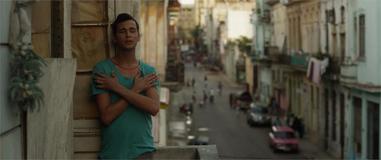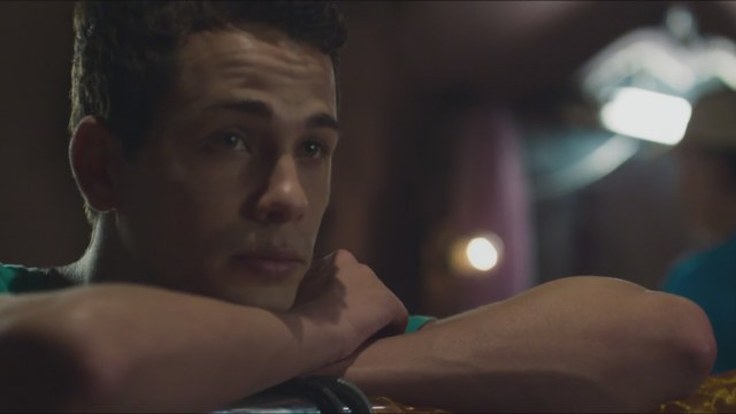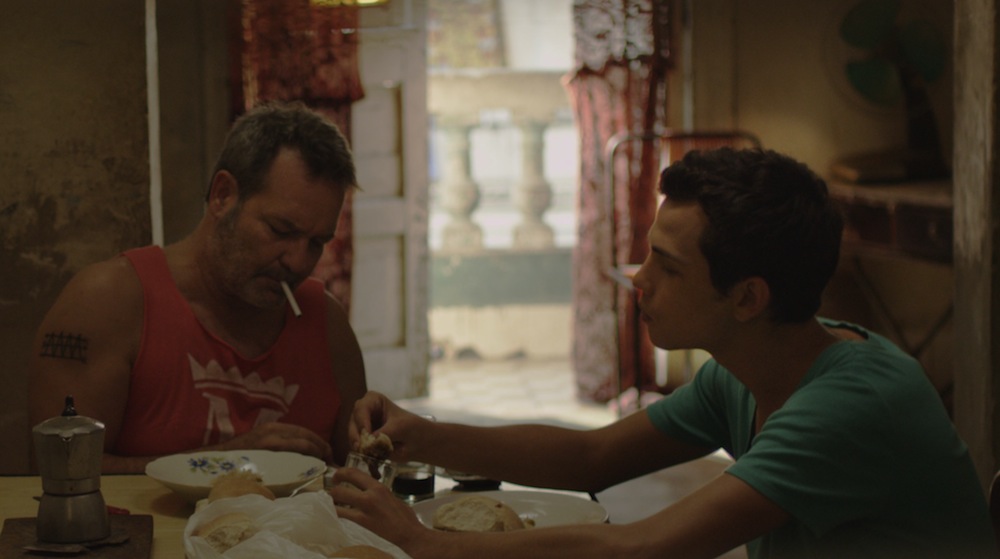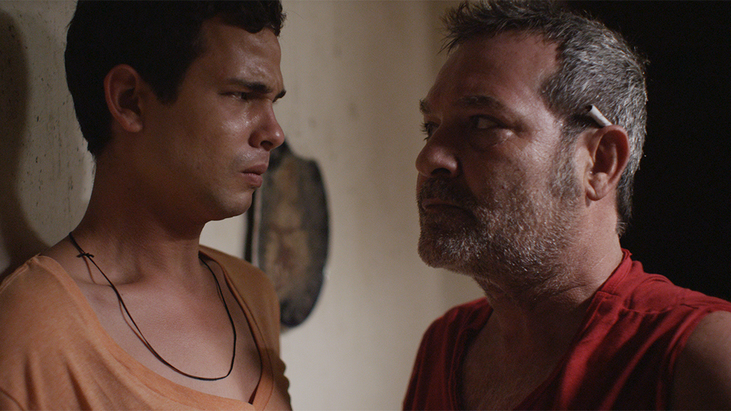 Taking place in Havana, Cuba, Paddy Breathnach's Viva tells the story of Jesus, a hairdresser, who primarily works for a troop of drag performers. Jesus secretly dreams of being one of these drag performers himself, and when he finally gets the chance on stage, a stranger emerges and punches him in the face. What appears as a random act of violence at first, quickly sends Jesus into a state of self discovery and confrontation as the stranger is in fact his father, Angel, a former boxer, who walked out on Jesus in his mother over 15 years ago. Featuring clashing ideologies about what it means to be a man, Jesus and Angel struggle to reconnect, eventually coming to except one and other which is aided by Angel's deteriorating health. Paddy Breathnach's Viva is definitely a story that you've seen before, a somewhat by-the-numbers story about acceptance and in turn forgiveness which succeeds more so than not thanks to strong central characterizations and performances by the actors which bring them to life. The setting of Viva is a major component to its storytelling, as the crumbling building and dingy streets of Havana perfectly illustrate the stakes of many of its characters, individuals who are surviving in poverty and want to escape through environment. Jesus makes his money as a hair dresser and seems to find a sense of empowerment from being on the stage, one of the only characters in the entire film who show no strong desire to leave Cuba. Before Angel arrives, Viva's interactions are almost entirely of the feminine variety, his only interactions with men coming when he is on stage, delivering his drag performance. With the arrival of Angel, Viva's feminist world is somewhat shattered, with his father being the rugged definition of masculinity, an ex-boxer whose idea of toughness is completely defined by physical attributes. Angel views his son as weak due to his homosexuality and penchant for drag, though as the film progresses it becomes very clear that Angel is in fact the weak character, a man who abandoned his son and turned to the bottle when his boxing career didn't pan out. What elevates Viva among similar films is the films ability contrast these two separate viewpoints of these characters, with the relationship that unfolds between Angel and Jesus feeling organic and poignant, as the filmmakers impressively make not only Jesus, but Angel a empathetic character, a man who is a vile human being when first introduced. Viva is a film that is as much about forgiveness as it is acceptance, as Jesus struggles to forgive his father for abandoning him while Angel comes to eventually accept his son. Viva never makes Jesus' forgiveness or Angel's acceptance feel too connected, which I really liked, as the two characters take different psychological paths to reconnect, forgive and forget. Paddy Breathnach's VIva may be a film you've seen before, but it's a powerful LGBT film about acceptance, forgiveness, identity and most importantly toughness, in the end showing that toughness is not simply a physical trait but something that comes from within ones-self.
0 Comments
Leave a Reply. |
AuthorLove of all things cinema brought me here. Archives
June 2023
|



 RSS Feed
RSS Feed
